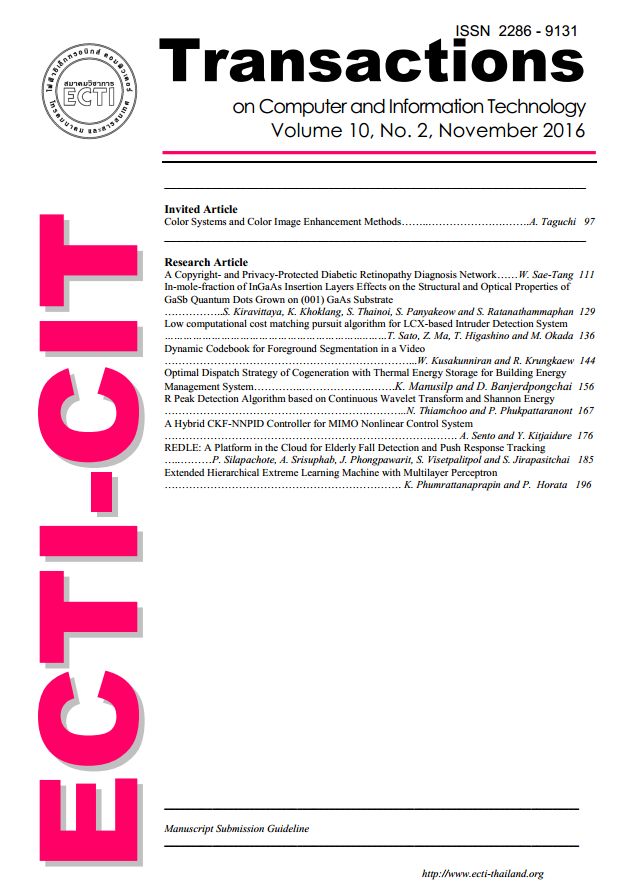Test Case Classification using Category-Partition Finite State Machine
Main Article Content
Abstract
Testing is an essential activity in software development process. Testers and developers alike are facing a formidable expectation of delivery bug-free software. Certifying bug-free with exhaustive test is commonly known to be impossible. Numerous efforts have been attempted to arrive at a plausible test scenario wherein thorough coverage can be attained. Conventional approaches usually require large amount of test data (or input domain) to generate necessary test cases at premium expenses which, in many cases, end up to be a recalcitrant test process. This paper proposes a straightforward, yet practical algorithmic method to reduce all relevant test cases. The central idea rests upon identifying the relationships among category partition of input specifications and program constraints that are subsequently employed to construct a finite state machine. As such, all paths connecting the start and end states represent the required test cases. Reduction on the number of generated test frames based on the proposed method in comparison with conventional approaches proves to be quite significant.


